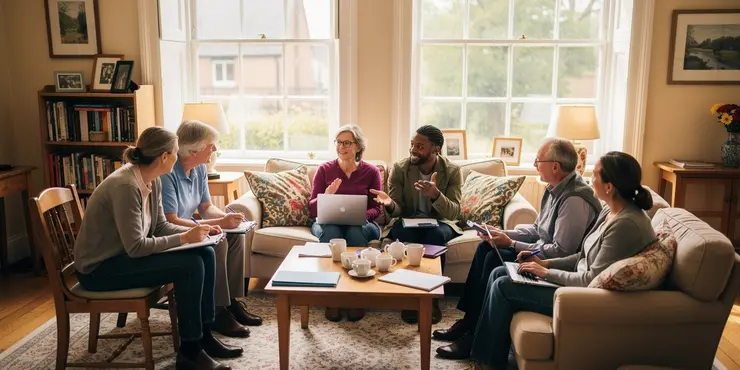
Find Help
More Items From Ergsy search
-
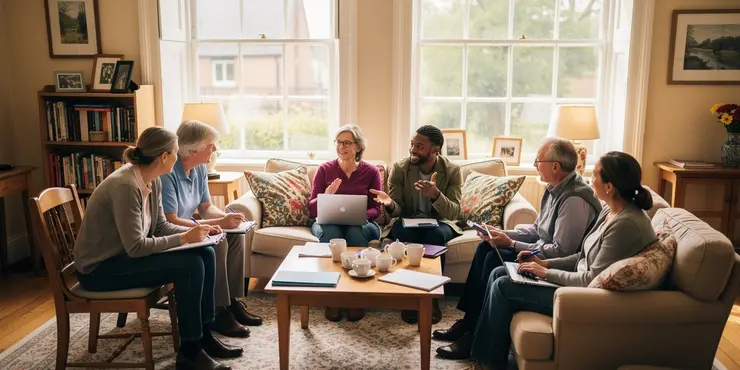
Can neighborhood associations help resolve this issue?
Relevance: 100%
-
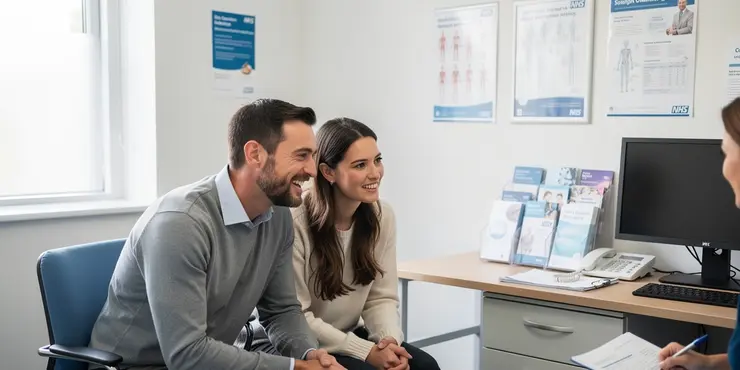
Are there risks associated with IVF?
Relevance: 33%
-
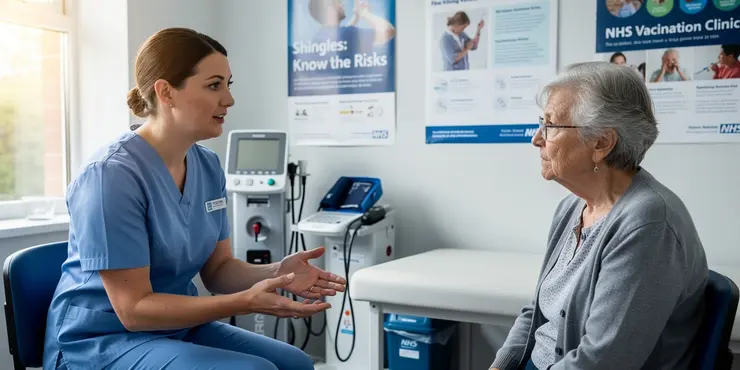
Are there any complications associated with shingles?
Relevance: 30%
-
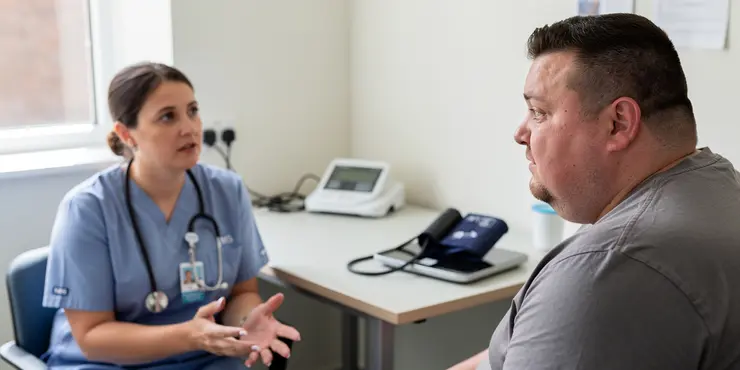
What health risks are associated with obesity?
Relevance: 29%
-
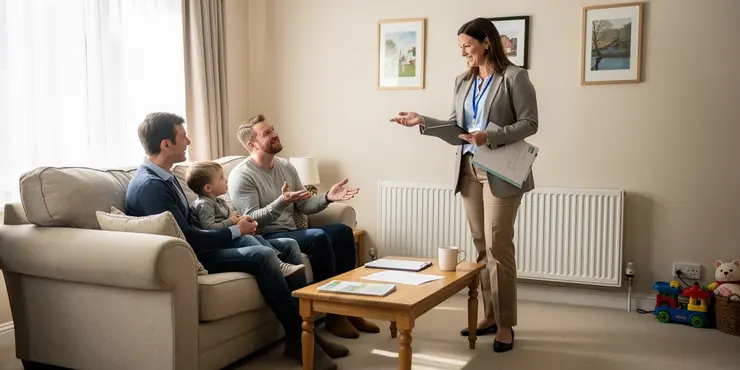
What role do housing associations have amid these cuts?
Relevance: 29%
-
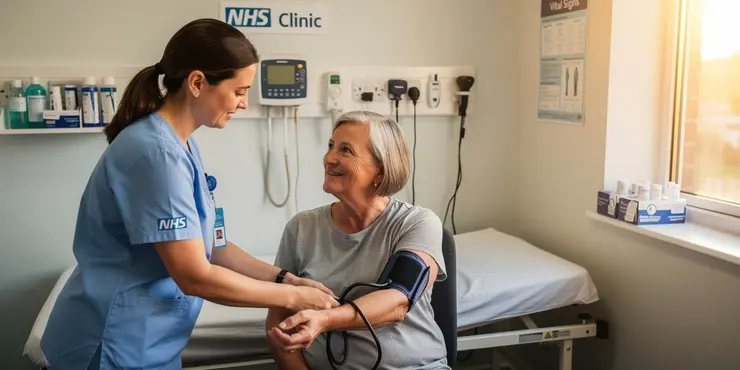
What is the role of a company’s articles of association in resolving disputes?
Relevance: 29%
-
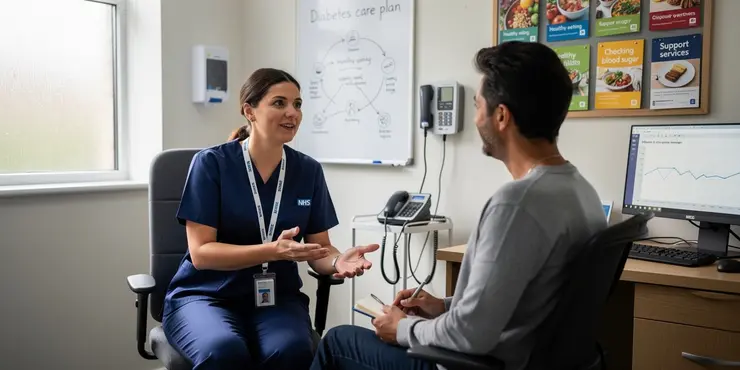
What complications are associated with Type 2 Diabetes?
Relevance: 29%
-
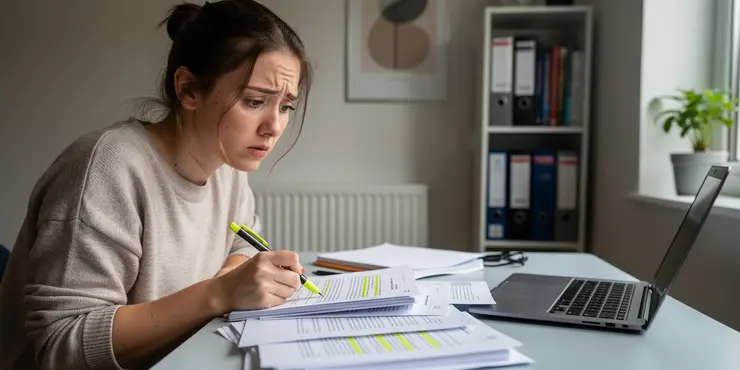
Are there any risks associated with untreated ADHD?
Relevance: 29%
-
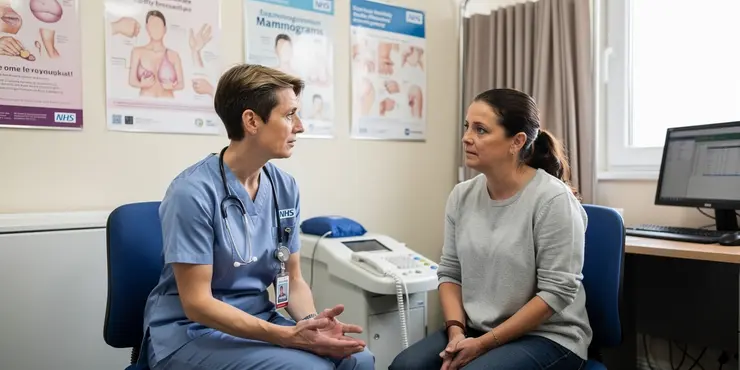
Are there any risks associated with mammograms?
Relevance: 29%
-
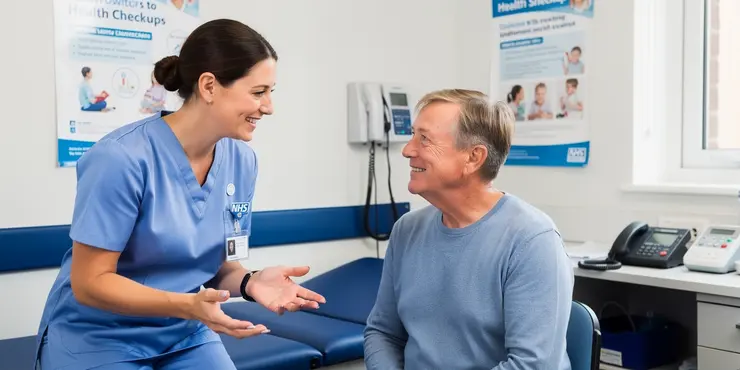
What are the risks associated with cryptocurrencies?
Relevance: 29%
-
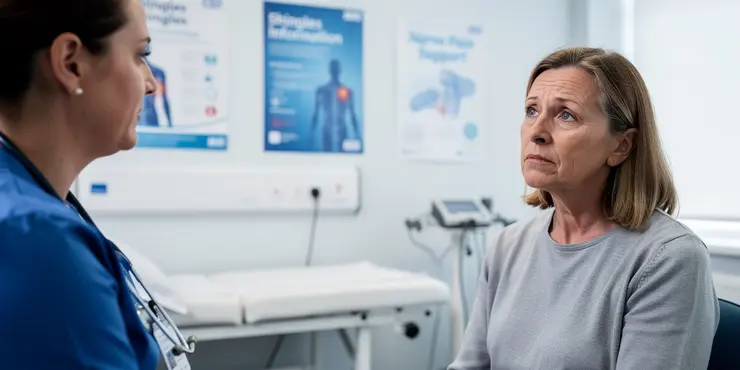
Are there any complications associated with shingles?
Relevance: 28%
-
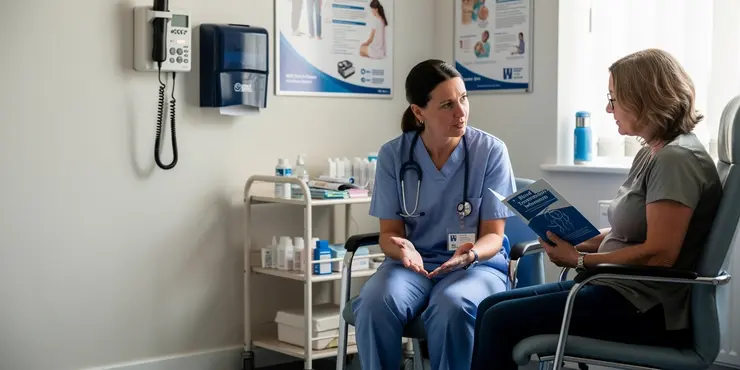
Are there risks associated with blood transfusions?
Relevance: 28%
-
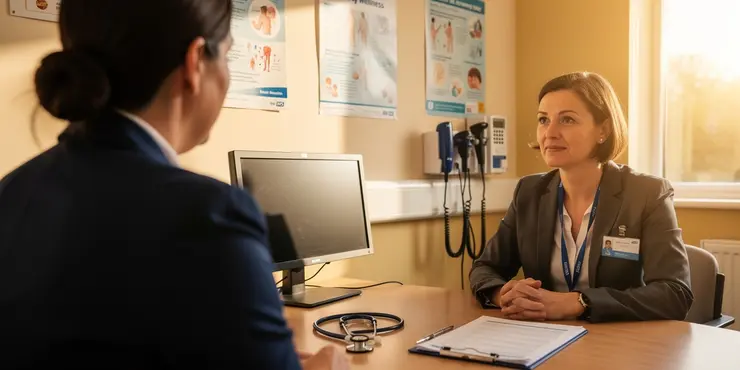
What are the costs associated with Paillon treatment?
Relevance: 28%
-
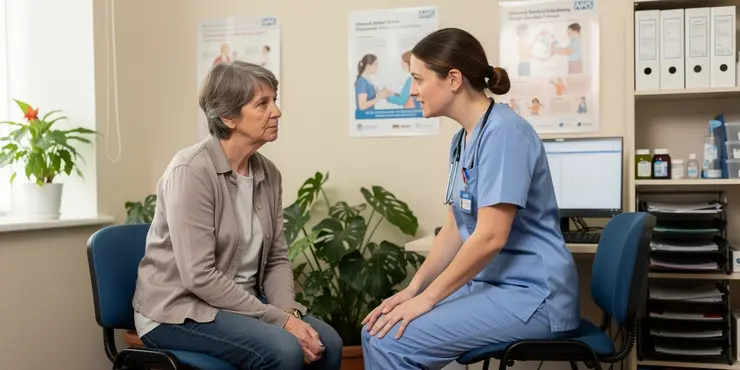
What substances are commonly associated with drug offences?
Relevance: 28%
-
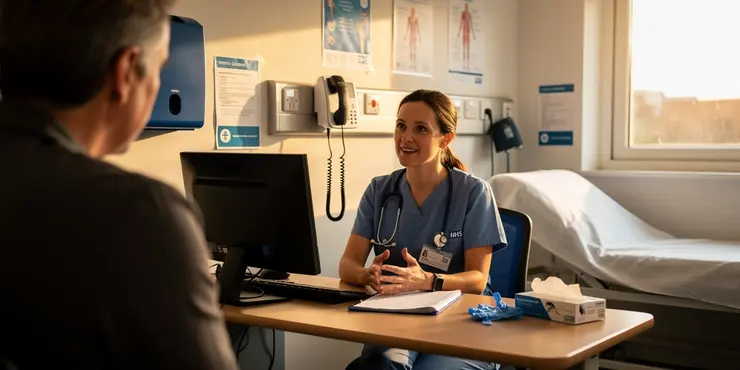
Are there any complications associated with Crohn's disease?
Relevance: 28%
-
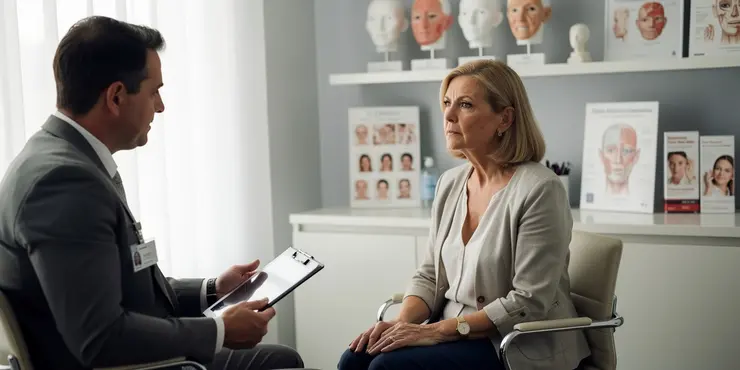
Are there any risks associated with facelifts?
Relevance: 28%
-
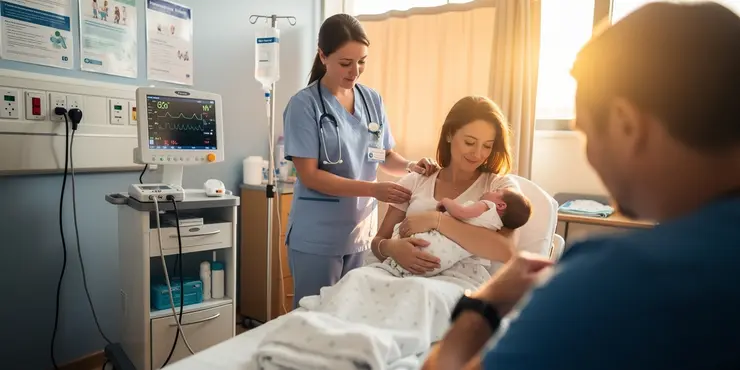
What are the risks associated with a C-section?
Relevance: 28%
-
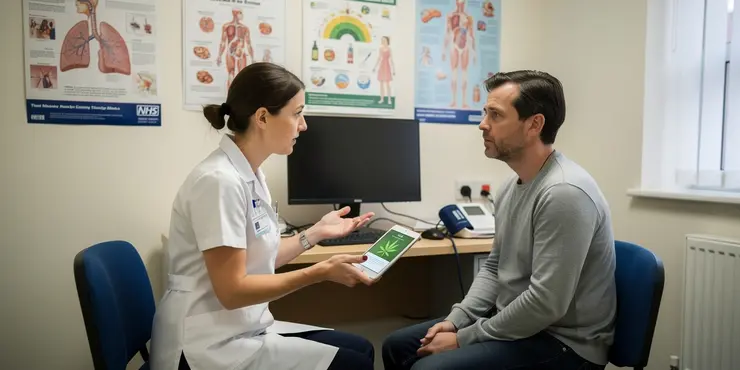
What are the risks associated with cannabis extract usage?
Relevance: 27%
-
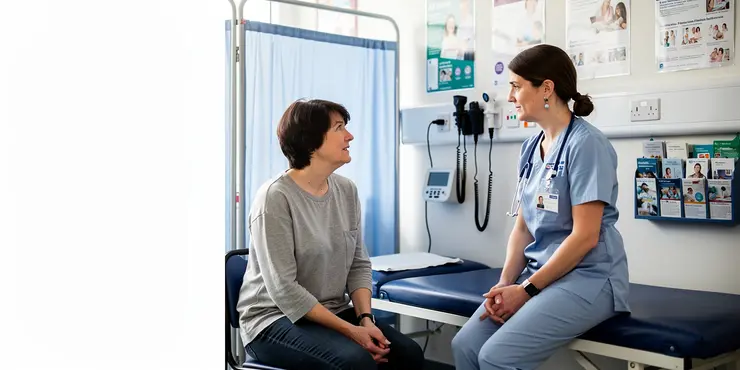
Are there any serious risks associated with Ozempic?
Relevance: 27%
-
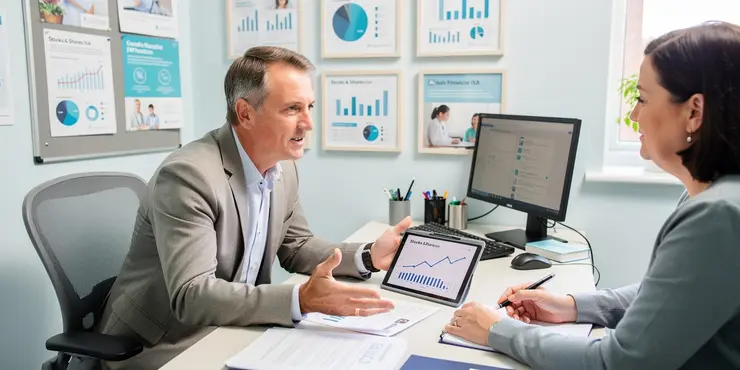
Are there fees associated with Stocks & Shares ISAs?
Relevance: 27%
-
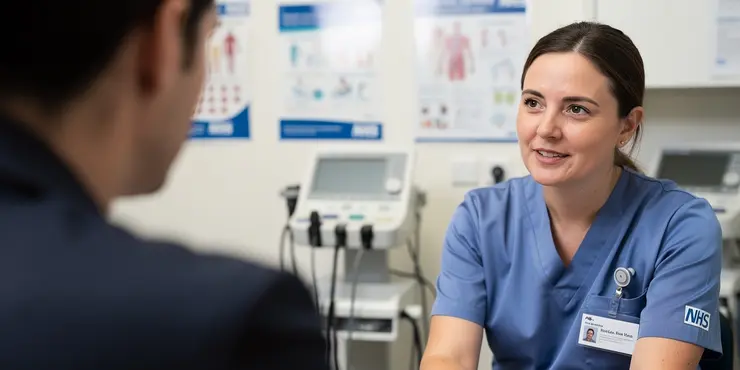
What are the risks associated with binge drinking?
Relevance: 26%
-
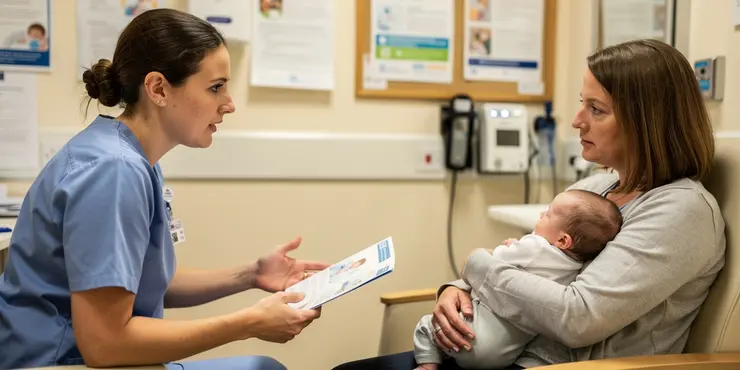
What are the risks associated with baby sleep pillows?
Relevance: 26%
-
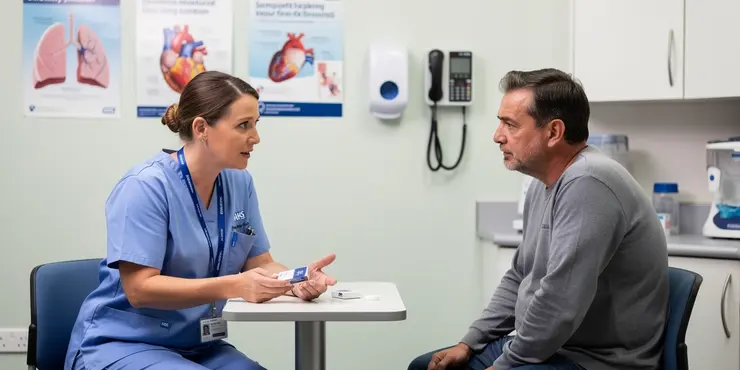
Are there any health risks associated with nicotine pouches?
Relevance: 26%
-
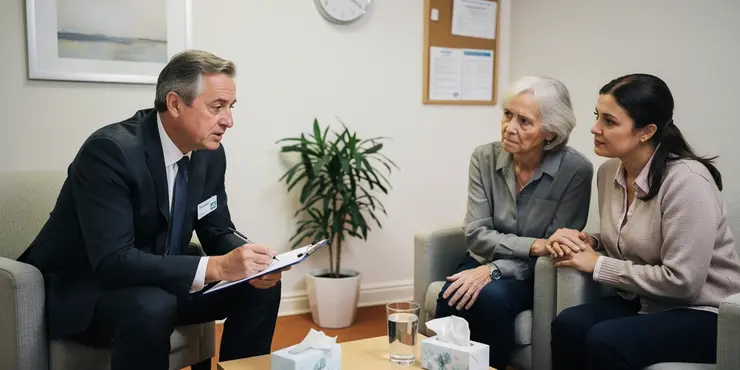
What costs are usually associated with a funeral?
Relevance: 26%
-

Are there risks associated with a womb lining test?
Relevance: 26%
-
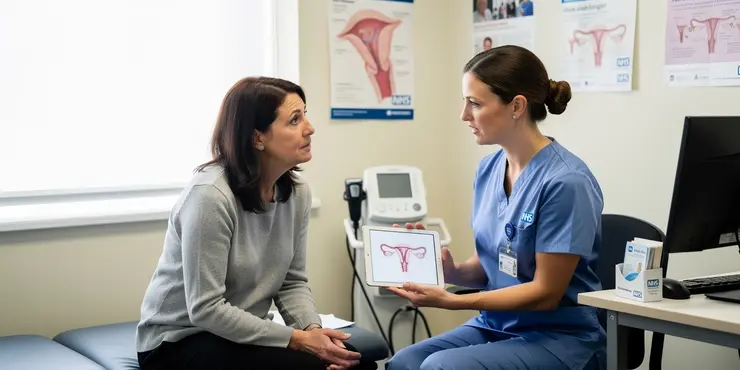
Are there any risks associated with the womb lining test?
Relevance: 25%
-
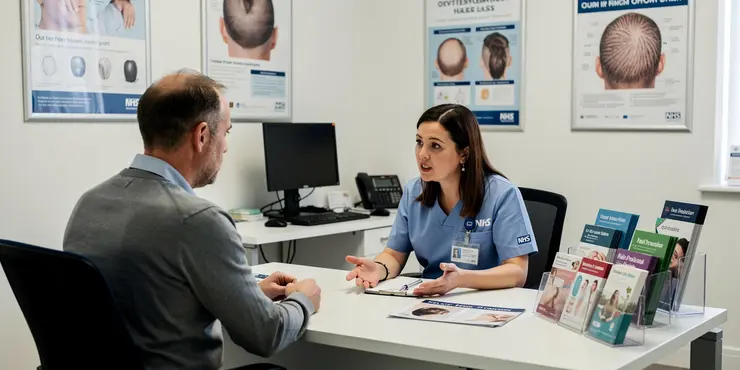
What are the risks associated with hair transplants in Turkey?
Relevance: 25%
-

Are there risks associated with taking aspirin regularly?
Relevance: 25%
-
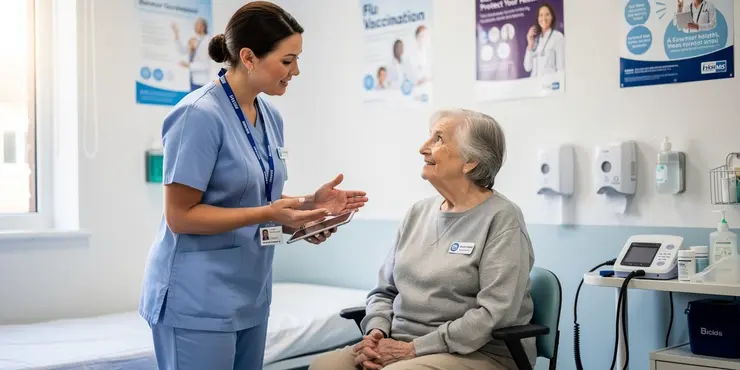
What are some complications associated with H3N2?
Relevance: 25%
-
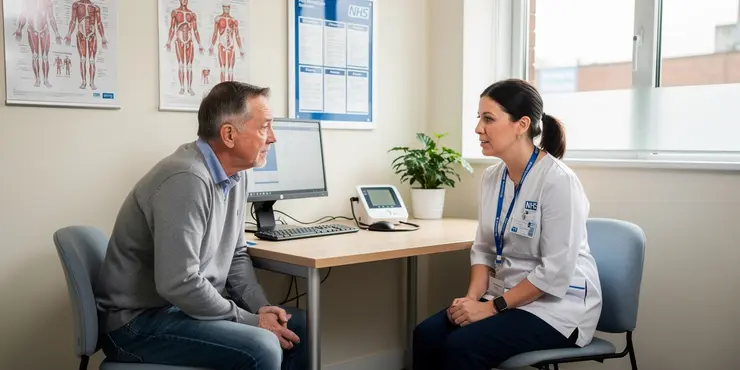
Are there any risks associated with traveling to the EU for medical treatment?
Relevance: 24%
-
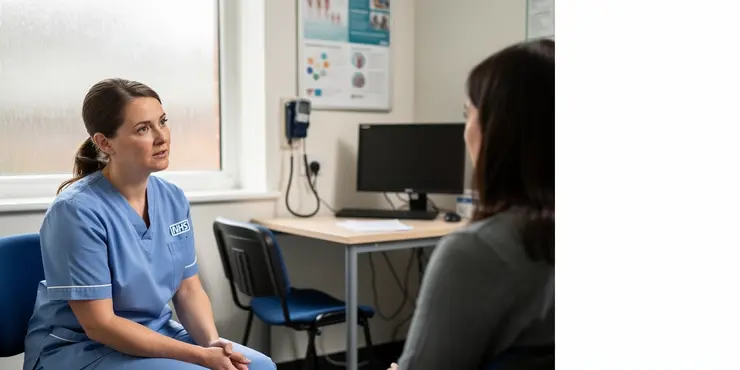
Are there any fees associated with balance transfers?
Relevance: 24%
-

What foods are commonly associated with E. coli outbreaks?
Relevance: 24%
-
Are there risks associated with home colorectal cancer tests?
Relevance: 24%
-
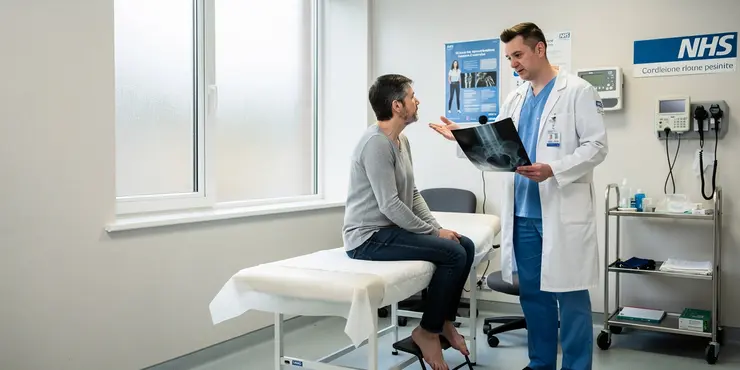
What are the risks associated with hip replacement surgery?
Relevance: 24%
-
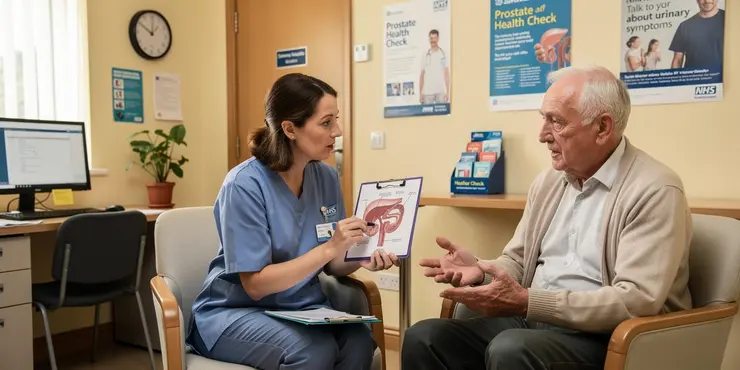
Are there any complications associated with untreated BPH?
Relevance: 23%
-
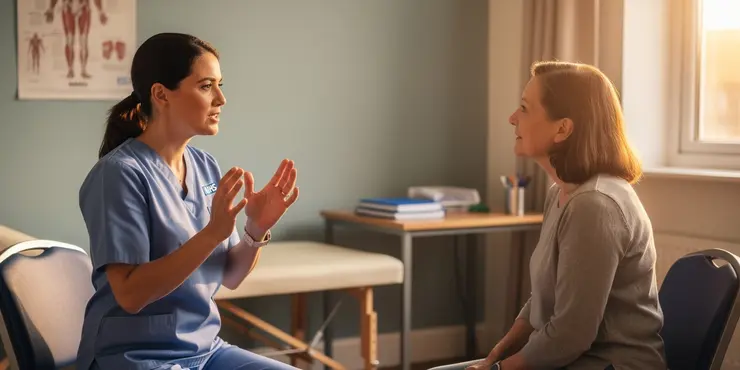
Are there any risks associated with air physiotherapy?
Relevance: 22%
-
Are there risks associated with getting Turkey Teeth?
Relevance: 22%
-
Are there any fees associated with obtaining my medical records?
Relevance: 21%
-
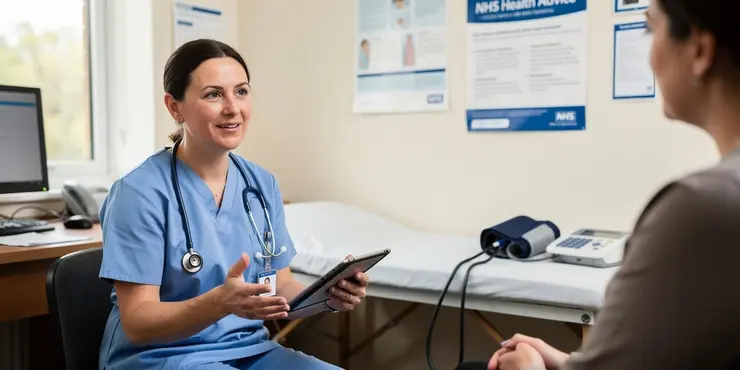
What exemptions are commonly associated with wealth taxes?
Relevance: 20%
-
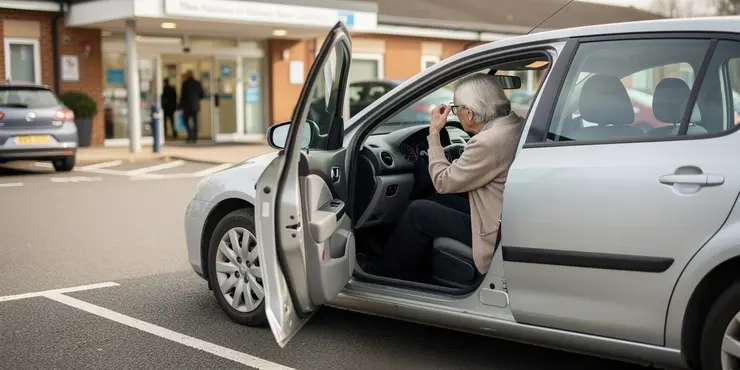
How can older drivers mitigate the risks associated with driving?
Relevance: 20%
The Role of Neighborhood Associations in Local Issues
Neighborhood associations often play a pivotal role in addressing community issues, serving as a bridge between residents and authorities. In the UK, these associations can provide a structured approach to tackling local concerns, fostering a sense of community, and facilitating effective communication among residents. By uniting people with shared interests, neighborhood associations can amplify the voices of residents and work towards common goals. Whether the issue at hand is crime, infrastructure, or social cohesion, these groups can be instrumental in implementing effective solutions.
Identifying and Addressing Local Issues
A key function of neighborhood associations is to identify pressing local issues that impact residents' quality of life. By regularly engaging with the community, these associations can gather input on prevalent problems, such as noise pollution, lack of green spaces, or traffic congestion. Once issues are identified, neighborhood associations can prioritize them based on urgency and impact. Through meetings and consultations, residents have the opportunity to voice their concerns and propose solutions. This collaborative approach ensures that all views are considered, fostering an inclusive community atmosphere.
Facilitating Communication and Collaboration
Effective communication is crucial in resolving neighborhood issues. Associations act as intermediaries, facilitating dialogue between residents and local authorities, such as councils or law enforcement. By representing a unified community perspective, neighborhood associations can more effectively negotiate for resources or policy changes. For example, if a community is facing increasing crime rates, the association can liaise with local police to initiate neighborhood watch programs or improve street lighting. Similarly, if there is a need for better public transport, the association can gather evidence and present a compelling case to transport authorities.
Promoting Community Engagement and Participation
Neighborhood associations encourage residents to actively participate in their community, promoting a sense of ownership and responsibility. Organizing events such as clean-up days, social gatherings, or workshops can engage residents and strengthen community bonds. These activities not only address specific issues but also foster community spirit and resilience. Furthermore, by involving local businesses and schools, neighborhood associations can create partnerships that benefit the wider community, enhancing resources and support for initiatives.
Influencing Policy and Decision Making
Beyond local projects, neighborhood associations can also influence broader policy decisions that affect their community. By engaging in public consultations and participating in local government forums, associations can ensure that community needs are represented in wider decision-making processes. This advocacy role is crucial in ensuring that larger developments or policy changes consider the impact on local communities. With the backing of a strong neighborhood association, residents can have a more significant influence on shaping their local environment.
Conclusion
In summary, neighborhood associations possess the capability to address a wide range of community issues effectively. Through identifying problems, facilitating communication, promoting engagement, and influencing policy, these groups can significantly contribute to creating safer, more cohesive, and thriving communities across the UK.
The Role of Neighborhood Groups in Local Issues
Neighborhood groups help solve problems in the community. They connect people living in the area with the officials and leaders. In the UK, these groups help people talk about common problems, bring people together, and make sure everyone is heard. Whether it's about crime, roads, or getting along with others, these groups help find helpful solutions.
Finding and Solving Local Problems
Neighborhood groups help find important problems that affect people. They talk to people living in the community and listen to their worries, like too much noise, not enough parks, or too much traffic. Once they know the problems, they decide which ones need fixing first. They hold meetings where people can share their ideas and find solutions together. This way, everyone has a say, and the community feels included.
Helping People Talk and Work Together
Good talking is important to fix problems. Neighborhood groups help people talk to the local council or police. By speaking for the whole community, groups can ask for things like more street lights or start neighborhood watch programs if there are safety worries. If there is a need for better buses or trains, they can show the transport people why it’s needed.
Getting People Involved in the Community
Neighborhood groups encourage people to join in and care for where they live. They organize events like clean-up days or fun gatherings, bringing people together and making friends. These activities solve problems and help the community feel strong and happy. By working with local shops and schools, they can get extra help to make nice things happen.
Having a Say in Big Decisions
Neighborhood groups can also speak up about bigger changes in their area. They go to meetings with local leaders to make sure people’s needs are heard. This is important to make sure big changes are good for everyone living there. A strong neighborhood group helps people have more say in making their area better.
Conclusion
In short, neighborhood groups help solve many community problems. They find out what's wrong, help people talk, get everyone involved, and make sure local voices matter. This way, they help make places safer, friendlier, and nicer to live in across the UK.
Frequently Asked Questions
What is a neighborhood association?
A neighborhood association is an organization formed by residents of a specific geographical area to address community issues and concerns.
Can neighborhood associations handle disputes between neighbors?
Yes, neighborhood associations often facilitate resolutions between neighbors by acting as mediators or providing a platform for discussion.
How can a neighborhood association help with property maintenance issues?
They can set and enforce community standards or organize events to help maintain and beautify the neighborhood.
Do neighborhood associations have any legal authority?
They typically do not have legal authority but can influence local policies and provide recommendations to local government.
Can neighborhood associations improve local safety?
Yes, by organizing neighborhood watch programs or collaborating with local law enforcement.
How do neighborhood associations communicate with residents?
They often use newsletters, websites, social media, and community meetings to communicate with residents.
Can a neighborhood association help with noise complaints?
Yes, they can address noise complaints by mediating discussions between affected parties or working with local authorities.
How can neighborhood associations assist with local traffic issues?
They can propose traffic calming measures, work with local governments, and raise awareness about safety concerns.
Are neighborhood associations involved in zoning issues?
They often participate in discussions and advocacy related to zoning and urban planning to protect neighborhood interests.
Can neighborhood associations influence local government decisions?
Yes, by representing community interests, they can influence decisions through advocacy and collaboration.
How are neighborhood association leaders chosen?
Leaders are typically elected by members of the association during regular meetings or elections.
Do neighborhood associations charge fees?
Some do, in the form of membership dues to support activities and community projects.
What role do neighborhood associations play in organizing community events?
They often organize events like block parties, clean-up days, and meetings to foster community engagement.
Can neighborhood associations help with environmental issues?
Yes, they can promote sustainability initiatives, organize clean-ups, and work towards environmental improvements.
How do neighborhood associations interact with homeowners associations (HOAs)?
While similar, they work alongside or independently of HOAs, focusing more on community-wide issues.
Can neighborhood associations provide financial support for community projects?
They often manage funds for community improvements but may seek external grants or donations for larger projects.
Are neighborhood associations open to all residents?
Membership is typically open to all residents, though participation requirements might vary.
What kind of issues are typically addressed by neighborhood associations?
Common issues include safety, property maintenance, local development, community events, and environmental concerns.
How often do neighborhood associations hold meetings?
Meetings are usually held monthly, quarterly, or as needed based on community needs.
Can a neighborhood association help improve local parks and recreational facilities?
Yes, by advocating for improvements, organizing volunteer efforts, and collaborating with local authorities.
What is a neighborhood group?
A neighborhood group is a team of people who live near each other. They work together to make where they live better.
These people share ideas and help each other. They plan fun activities and keep the area safe and clean.
If you want help understanding what a neighborhood group does, you can ask a friend, use picture cards, or watch a video about it.
A neighborhood association is a group of people who live in the same area. They come together to talk about and solve problems in their community.
Can neighborhood groups help when neighbors have problems?
Yes, neighborhood groups can help solve problems between neighbors. They can talk to both sides or give a place to discuss things.
How can a neighborhood group help take care of property problems?
A neighborhood group is a team of people living in the same area.
They can help keep homes and gardens nice and tidy.
If you have a problem with your house or garden, talk to them.
They can share good ideas to fix things or get help if needed.
A neighborhood group is like a big team that helps each other out.
Use simple words when talking to them.
Pictures or websites with pictures can help explain.
They can make rules for the neighborhood and ensure everyone follows them. They can also hold events to keep the area clean and nice.
Can neighborhood groups make rules?
They don't have the power to make laws, but they can help change local rules and give advice to local leaders.
Can groups in the neighborhood make it safer?
Neighborhood groups are people who live close to each other. They work together to make their area better. These groups can help keep the neighborhood safe.
Here are some ways they can help:
- Watch out for each other: Neighbors can look out for each other’s homes. They can tell the police if something looks wrong.
- Share information: People can talk about safety tips. They can meet and discuss how to stay safe.
- Community events: Neighborhood events bring people together. When people know each other, they feel safer.
Tools that can help:
- Message groups: Neighbors can use phones to make chat groups. This helps them share quick safety alerts.
- Neighborhood meetings: Visit meetings to learn and talk about safety issues.
Working together can make the neighborhood a safer place for everyone!
Yes, you can help make your neighborhood safe. You can do this by starting a neighborhood watch group or working with the police.
How do neighborhood groups talk to people who live there?
Neighborhood groups are people who help make your area better. They talk to the people who live there in different ways.
Here are some ways they do it:
- Newsletters: They write news and send it to you in a letter or an email.
- Meetings: They have get-togethers where everyone can talk and share ideas.
- Noticeboards: They put up important news on boards you can see in your area.
- Online: They use websites or social media like Facebook to share news and updates.
You can help by:
- Reading the newsletters.
- Going to the meetings.
- Following them online.
If you need help to understand, ask a friend or family member to explain it to you.
They use letters, websites, social media, and meetings to talk to people who live in the area.
Can a neighborhood group help with noise problems?
A neighborhood group might help if there is too much noise. They can talk to the people making noise. They can help find a way to make it quieter.
If you have a noise problem, tell your neighborhood group. They might meet with everyone to talk about the problem.
If you find it hard to say everything in words, you can:
- Write down your problem and give it to the group.
- Ask someone to help you talk to the group.
Yes, they can help with noise problems. They can do this by talking to the people involved and helping them work things out. They might also talk to local authorities for more help.
How can neighborhood groups help with local traffic problems?
Neighborhood groups are people who live in the same area. They can work together to help with traffic problems.
Here are some ways they can help:
- Talk to the local council about streets that are too busy or need more signs.
- Make a plan to keep cars moving more safely.
- Ask people to drive slower and be careful.
If you want help, you can:
- Use pictures and maps to understand and show ideas.
- Have meetings to talk about what is needed.
- Ask someone from the council to join the meetings.
They can suggest ways to slow down traffic, work with local leaders, and talk about why safety is important.
Do neighborhood groups help with land use rules?
Neighborhood groups are people who live near each other. They sometimes help decide what can be built in their area. These rules are called land use rules or zoning. Neighborhood groups can say if they like or do not like new buildings or changes.
To understand more, you can:
- Ask someone like a community leader to explain.
- Use pictures or drawings to see how changes look.
- Talk to people in your neighborhood group.
They talk and share ideas about how the land is used in their neighborhood. They do this to help keep their neighborhood safe and nice for everyone.
Can local groups help change what local government decides?
Yes, they can help the community. They work together and speak up for what the community wants. This helps make better choices.
How do we pick neighborhood leaders?
Leaders are chosen by the group members during meetings or elections.
Do neighborhood groups ask for money?
Yes, some groups ask people to pay money to be a member. This helps the group do fun things and help in the community.
How do neighborhood groups help with community events?
Neighborhood groups are teams of people from the neighborhood. They work together to make fun events happen. These groups plan parties, fairs, and other activities for everyone to enjoy. They might also ask neighbors for ideas and help. If you find reading tricky, you can ask someone to read it with you. Drawing pictures of the events can help, too!They often plan fun events like street parties, days to clean up the neighborhood, and meetings. These help people in the community come together.
Can neighborhood groups help the environment?
Neighborhood groups are people living near each other. They can work together to make their area cleaner and greener.
Here are some ways they can help:
- Clean up parks and streets
- Plant trees and flowers
- Help people recycle
By working together, people can protect nature and make their neighborhood a nicer place to live.
For more help, people can use pictures or videos to understand better.
Yes, they can help the environment. They can do this by starting projects to make things better for our planet. They can also clean up areas and work to make the environment nicer.
How do neighborhood groups work with homeowners associations (HOAs)?
Neighborhood groups and HOAs are both teams that help look after where you live.
Neighborhood groups are for everyone who lives in the area. They plan fun events and talk about changes or problems.
HOAs are special groups that look after certain rules for people who live in homes in their area. They make sure everyone follows the rules and pays any fees.
Neighborhood groups and HOAs often talk to each other. They share ideas to make where you live better.
To understand more, you can look at websites or join a meeting. Talking to neighbors can also help you learn about your area.
These groups are a bit like HOAs, but they focus on problems that affect the whole neighborhood, and they can work with or without HOAs.
Can neighborhood groups give money for community projects?
They often take care of money to make the community better. But they might look for help or gifts of money for bigger projects.
Can everyone join a neighborhood group?
If you live here, you can usually join. But there might be different rules for taking part.
What problems do neighborhood groups usually solve?
Neighborhood groups are teams of people who live close to each other. They can help with things like: - Keeping the area clean and safe. - Fixing broken streets or street lights. - Making parks nice for everyone. - Planning fun events for families. - Helping people get to know their neighbors. Using pictures or videos can also help show what these groups do.Common problems include:
- Keeping safe
- Taking care of buildings and land
- Building new things in the area
- Community parties and activities
- Looking after nature
Here are some tips to help understand these issues:
- Use pictures to help with ideas.
- Ask someone to explain words you don't know.
- Talk with others about these topics.
When do neighborhood groups have meetings?
Meetings happen every month, every three months, or whenever the community needs them.
Can a group in the neighborhood make parks and play areas better?
People living in a neighborhood can work together to make parks and play areas nicer. They can talk and plan about what needs fixing or adding.
Talking to local leaders can help too. They might give money or help make changes. Everyone in the group should share ideas and listen to each other.
Using a calendar or chart can help keep track of what to do next. Taking pictures of changes can show how things get better over time.
Yes, you can help make things better. Here’s how:
1. Talk to people about how to make things better.
2. Get a group of friends to help out.
3. Work with local leaders in your community.
Remember, using pictures, simple words, or a buddy can help you understand and share ideas better.
Useful Links
This website offers general information and is not a substitute for professional advice.
Always seek guidance from qualified professionals.
If you have any medical concerns or need urgent help, contact a healthcare professional or emergency services immediately.
Some of this content was generated with AI assistance. We’ve done our best to keep it accurate, helpful, and human-friendly.
- Ergsy carfully checks the information in the videos we provide here.
- Videos shown by Youtube after a video has completed, have NOT been reviewed by ERGSY.
- To view, click the arrow in centre of video.
- Most of the videos you find here will have subtitles and/or closed captions available.
- You may need to turn these on, and choose your preferred language.
- Go to the video you'd like to watch.
- If closed captions (CC) are available, settings will be visible on the bottom right of the video player.
- To turn on Captions, click settings .
- To turn off Captions, click settings again.
More Items From Ergsy search
-

Can neighborhood associations help resolve this issue?
Relevance: 100%
-

Are there risks associated with IVF?
Relevance: 33%
-

Are there any complications associated with shingles?
Relevance: 30%
-

What health risks are associated with obesity?
Relevance: 29%
-

What role do housing associations have amid these cuts?
Relevance: 29%
-

What is the role of a company’s articles of association in resolving disputes?
Relevance: 29%
-

What complications are associated with Type 2 Diabetes?
Relevance: 29%
-

Are there any risks associated with untreated ADHD?
Relevance: 29%
-

Are there any risks associated with mammograms?
Relevance: 29%
-

What are the risks associated with cryptocurrencies?
Relevance: 29%
-

Are there any complications associated with shingles?
Relevance: 28%
-

Are there risks associated with blood transfusions?
Relevance: 28%
-

What are the costs associated with Paillon treatment?
Relevance: 28%
-

What substances are commonly associated with drug offences?
Relevance: 28%
-

Are there any complications associated with Crohn's disease?
Relevance: 28%
-

Are there any risks associated with facelifts?
Relevance: 28%
-

What are the risks associated with a C-section?
Relevance: 28%
-

What are the risks associated with cannabis extract usage?
Relevance: 27%
-

Are there any serious risks associated with Ozempic?
Relevance: 27%
-

Are there fees associated with Stocks & Shares ISAs?
Relevance: 27%
-

What are the risks associated with binge drinking?
Relevance: 26%
-

What are the risks associated with baby sleep pillows?
Relevance: 26%
-

Are there any health risks associated with nicotine pouches?
Relevance: 26%
-

What costs are usually associated with a funeral?
Relevance: 26%
-

Are there risks associated with a womb lining test?
Relevance: 26%
-

Are there any risks associated with the womb lining test?
Relevance: 25%
-

What are the risks associated with hair transplants in Turkey?
Relevance: 25%
-

Are there risks associated with taking aspirin regularly?
Relevance: 25%
-

What are some complications associated with H3N2?
Relevance: 25%
-

Are there any risks associated with traveling to the EU for medical treatment?
Relevance: 24%
-

Are there any fees associated with balance transfers?
Relevance: 24%
-

What foods are commonly associated with E. coli outbreaks?
Relevance: 24%
-
Are there risks associated with home colorectal cancer tests?
Relevance: 24%
-

What are the risks associated with hip replacement surgery?
Relevance: 24%
-

Are there any complications associated with untreated BPH?
Relevance: 23%
-

Are there any risks associated with air physiotherapy?
Relevance: 22%
-
Are there risks associated with getting Turkey Teeth?
Relevance: 22%
-
Are there any fees associated with obtaining my medical records?
Relevance: 21%
-

What exemptions are commonly associated with wealth taxes?
Relevance: 20%
-

How can older drivers mitigate the risks associated with driving?
Relevance: 20%


